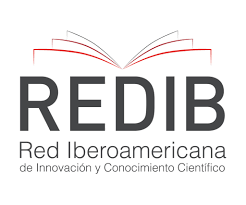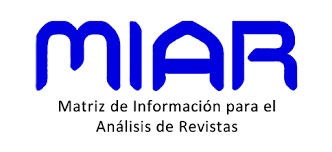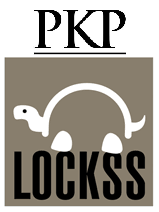Scientific knowledge and liberation of the human person
DOI:
https://doi.org/10.51743/cpe.354Keywords:
science, ethics, freedom, liberation, possibilityAbstract
People began to glimpse a close relationship between scientific knowledge and their liberation when they began to consider science as knowledge whose sole purpose was not simply knowledge, but rather its practical application, that is, when science began to be considered as a project of human action. Is it a vision that continues the concept already known in classical epistemology of practical science or is it a radically new vision? What are the anthropological implications and consequences of this vision? These are some of the questions that the author poses when analyzing the relationship between science and the liberation of mankind.
Downloads
Global Statistics ℹ️
|
296
Views
|
374
Downloads
|
|
670
Total
|
|
References
.
Downloads
Published
How to Cite
Issue
Section
License
The author reserves the rights (copyright) of the published works, and the journal encourages and allows their reuse, from the preprint. The works are published in the electronic edition of the journal under a license "Creative Commons Attribution / Attribution-NonCommercial 4.0 International Public License - CC BY-NC 4.0", and can be copied, used, disseminated, transmitted and publicly exhibited.
The author / s partially transfer the property rights (copyright) of this work for the printed and online editions, provided that:
- The authorship and original source of its publication (magazine, publisher and URL of the work) is cited.
- Are not used for commercial purposes.
- The existence and specifications of this user license are mentioned.
It also declares to have respected the ethical principles of research and to be free from any conflict of interest.
"C.P.E." encourages the authors and the scientific community to the maximum promotion and dissemination of the works in their final version through:
1) Your list of contacts (emails) and social networks (Facebook, Twitter, LinkedIn ...).
2) Institutional repository of your University and public repositories (Mendeley, Cosis ...).
3) Scientific social networks (ResearchGate, Academia.edu, Kudos ...).
4) Personal or institutional website, blog, etc.
5) Google Scholar, ORCID, ResearchID, ScopusID, Dimensions, PlumX ...
6) Printed copies purchased directly and sent to specialists for reading and subsequent citation if appropriate.




















1.png)
1.png)

1.png)





.png)
.png)

.png)
1.png)
1.png)
